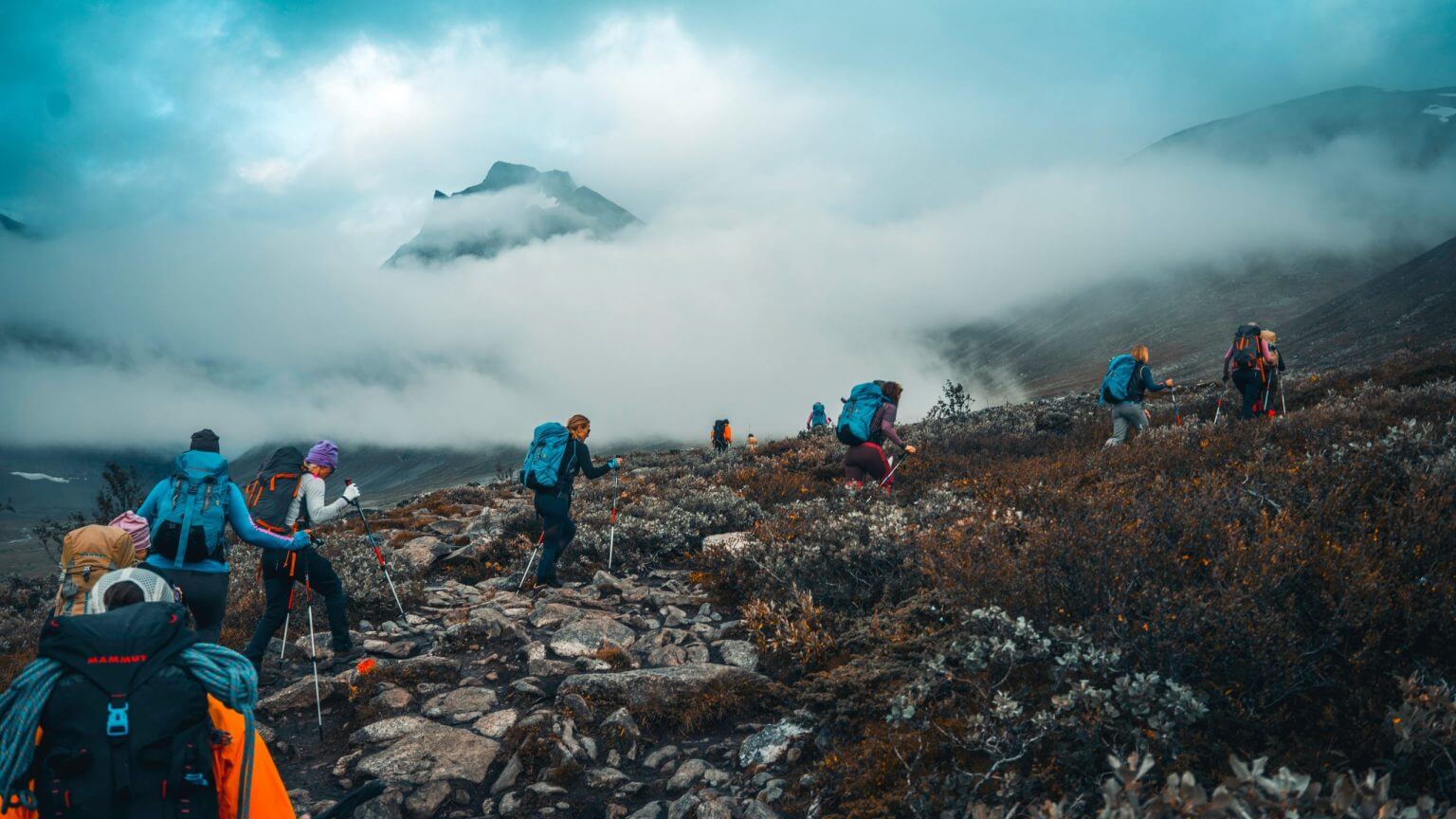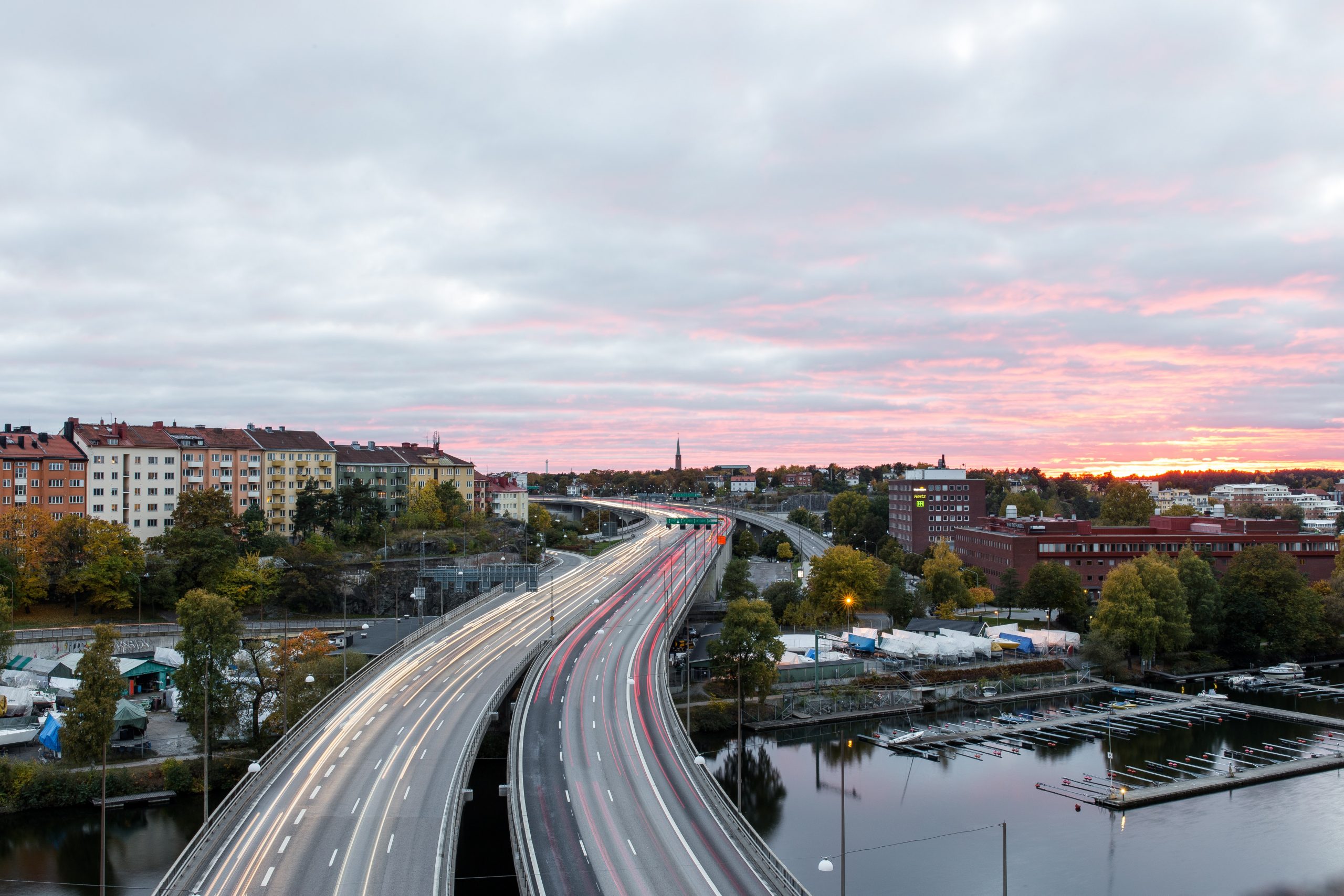What type of nutrition do you need?
Nutrients
Nutrients are substances that are absorbed by the body and are good for growth and development. In addition, they help maintain the body’s normal functions.
There are two different groups of nutrients:
- Energizing nutrients: such as fats, proteins and carbohydrates.
- Non-energizing nutrients: these include vitamins, minerals and trace elements.
In addition to these, water and oxygen are also among the body’s most important nutrients. Among other things, water is important for the transport of nutrients in the body.
Good to know
Your body needs a mixture of different nutrients every day for you to feel good. These nutrients are carbohydrates, fats, proteins, vitamins and minerals. If you eat a varied diet, you will get what you need. Everyone needs to get energy and nutrition, but different people need to eat different amounts depending on how much you move and other circumstances.
Carbohydrates: Carbohydrates are the body’s main source of energy. They are found in food in various forms such as; for example. fiber found in fruits, vegetables, root vegetables, whole grains, cereals and groats. Starch found in, for example, potatoes and pasta. Sugar found in, for example, fruit, vegetables and dairy products, but also in soft drinks, juices, cakes and buns.
Proteins: Protein is the body’s building material. It is found in tissues, hormones and enzymes. Proteins also transport iron and oxygen in the blood and are important for, for example, skin, hair, eyes and nails. Good sources of protein include fish, meat, milk, cheese, eggs and grains.
Fat: Fat is divided into saturated and unsaturated fat. Saturated fats are found in butter, milk, cheese and red meat, among other things. Unsaturated fats are found in fish, olive oil, nuts and avocados. To reduce the risk of cardiovascular disease, you should not get too much saturated fat as this increases the cholesterol level in the body. Unsaturated fat, on the other hand, works positively by lowering cholesterol.
Vitamins
Vitamins are needed, among other things, for the body to be able to use and use other nutrients in food.
Vitamin A: Necessary for eye function, but also for growth, development and to strengthen the immune system. Vitamin A can be found in oily fish, carrots and other vegetables.
Vitamin B: Vitamin B comprises eight different types of B vitamins and they are important for burning, concentration, hair and nails and for the burning of carbohydrates, fats and proteins. Vitamin B is found in milk, whole grains, fish, eggs, green vegetables and meat.
Vitamin C: Helps the body’s cells and tissues and for the absorption of iron. Vitamin C is found in citrus fruits, fruits, berries, vegetables and potatoes.
Vitamin D: Bones and teeth need vitamin D. The body also needs vitamin D to be able to utilize calcium. Vitamin D is found in oily fish, milk and margarine.
Minerals
Minerals, for example, are important for the skeleton, teeth, blood and muscle reflexes. They also regulate the amount of water and the pH value in the body.
Minerals: Calcium, iron, iodine, phosphorus / phosphate, selenium and zinc are important minerals that are not formed in the body but are obtained through the diet. Important sources of essential minerals are milk, meat, fish, eggs, fruits, berries, vegetables and nuts.
All food and drink except water, contains energy in varying amounts. But not all foods contain the nutrients that the brain and body need to function optimally.
There is no single food that contains all the nutrients you need. Therefore, you need to eat a varied diet. Try to eat fruits and vegetables, fats, carbohydrates, and proteins every day.


